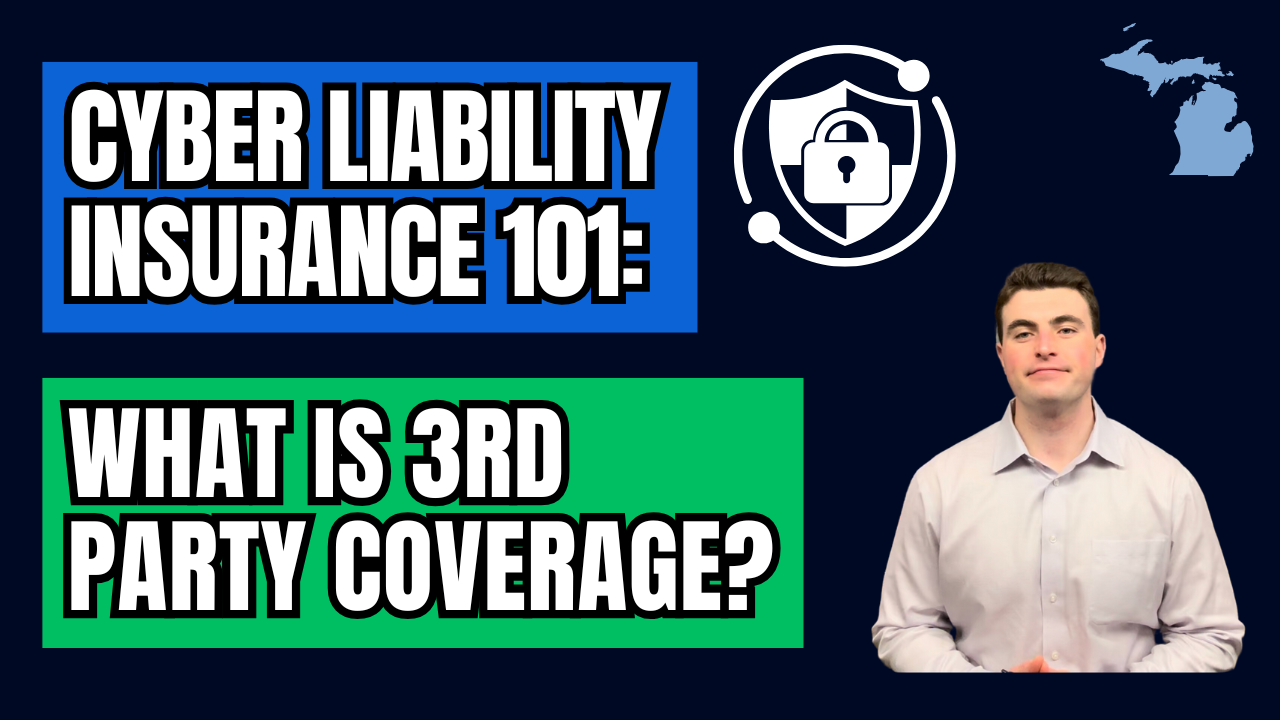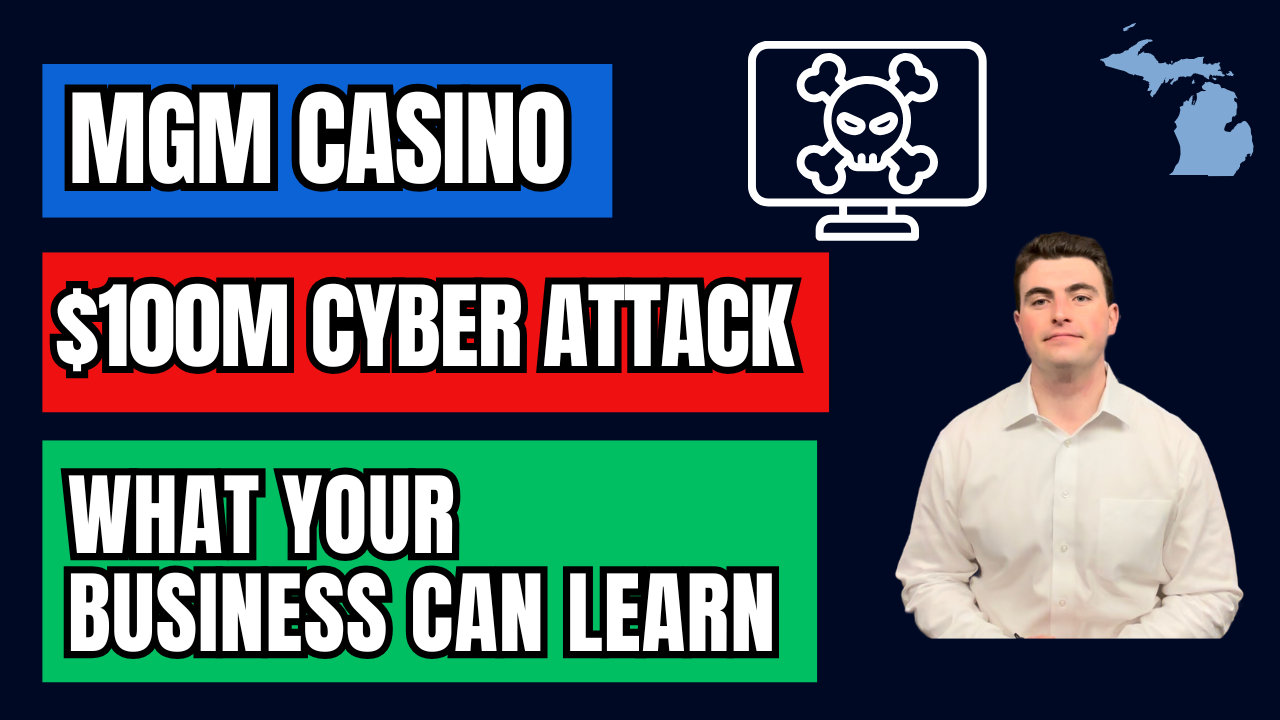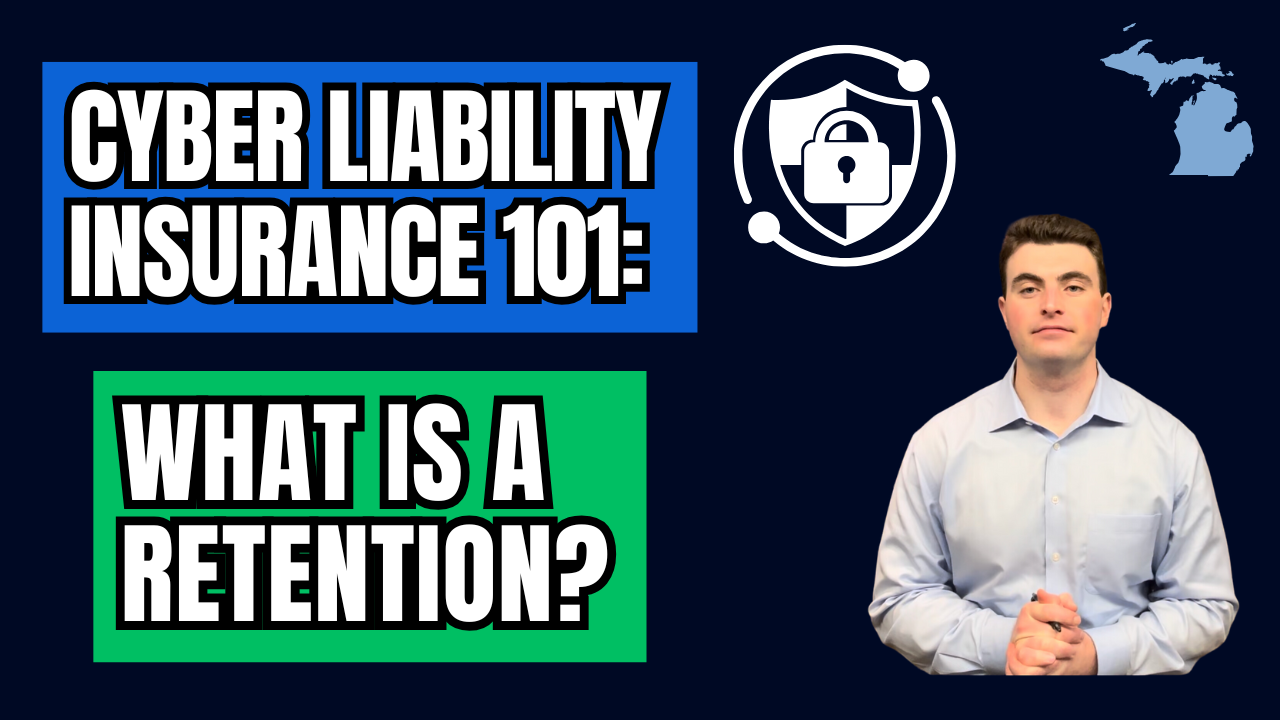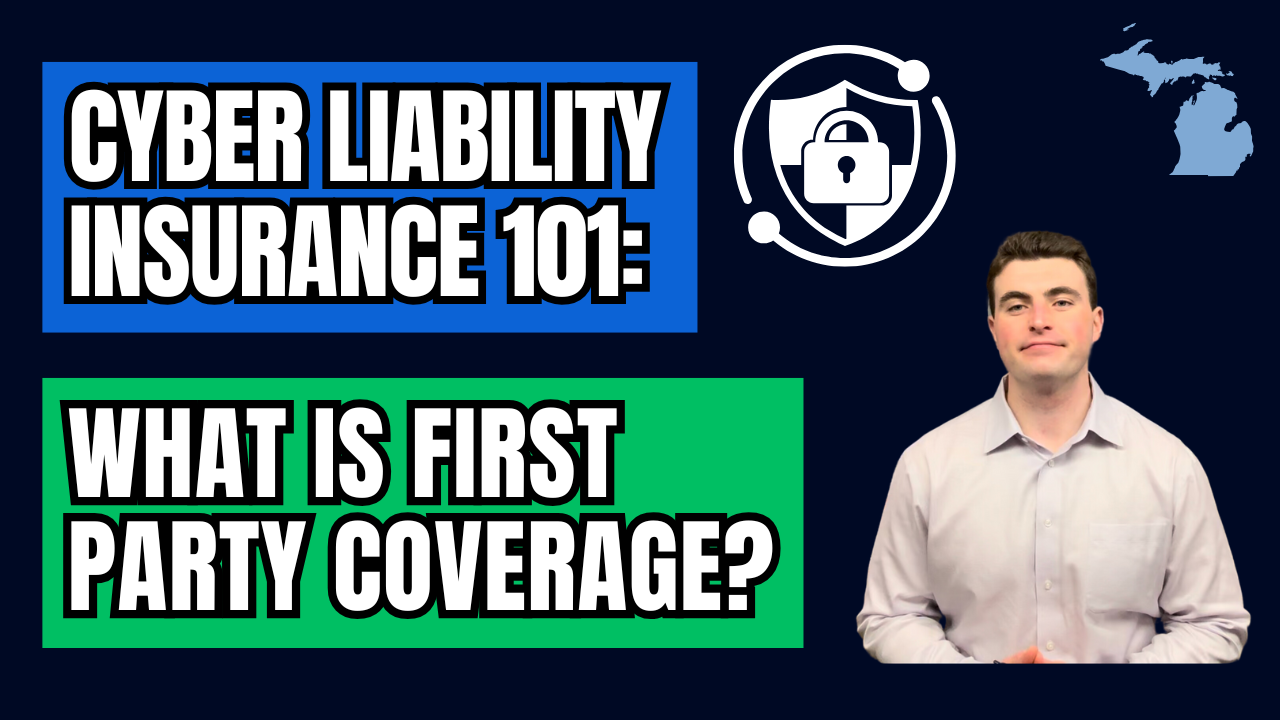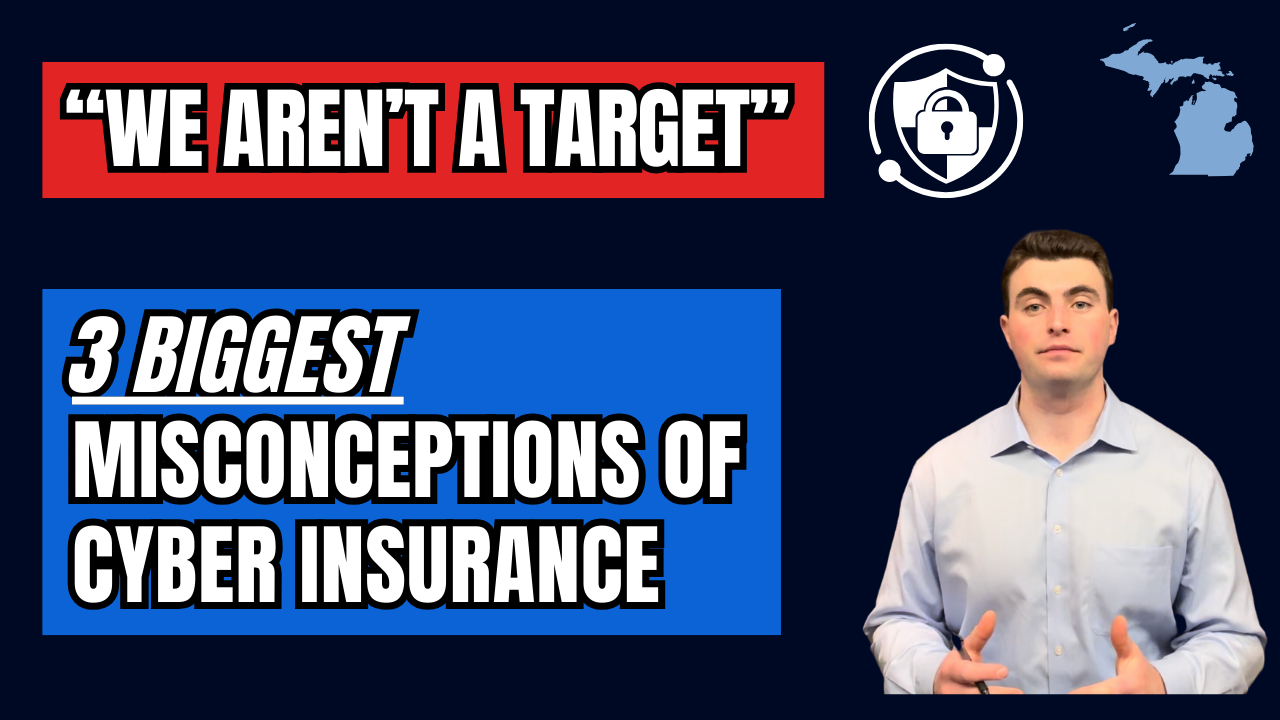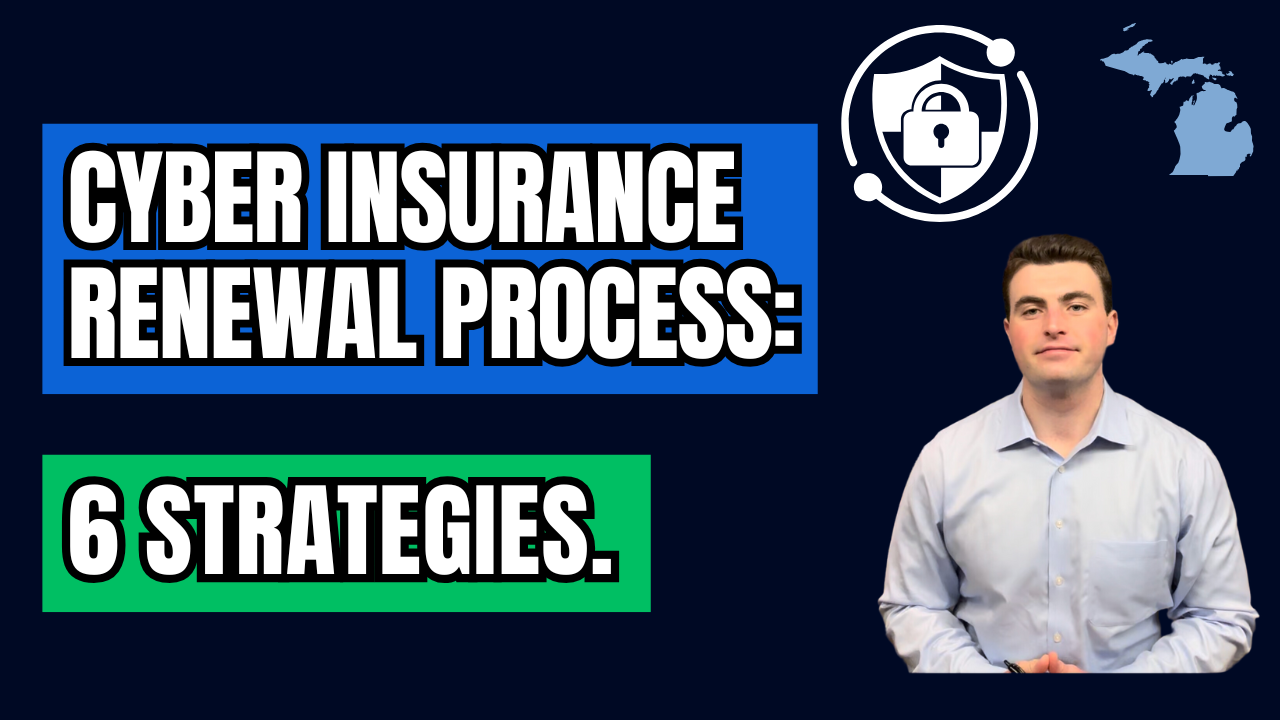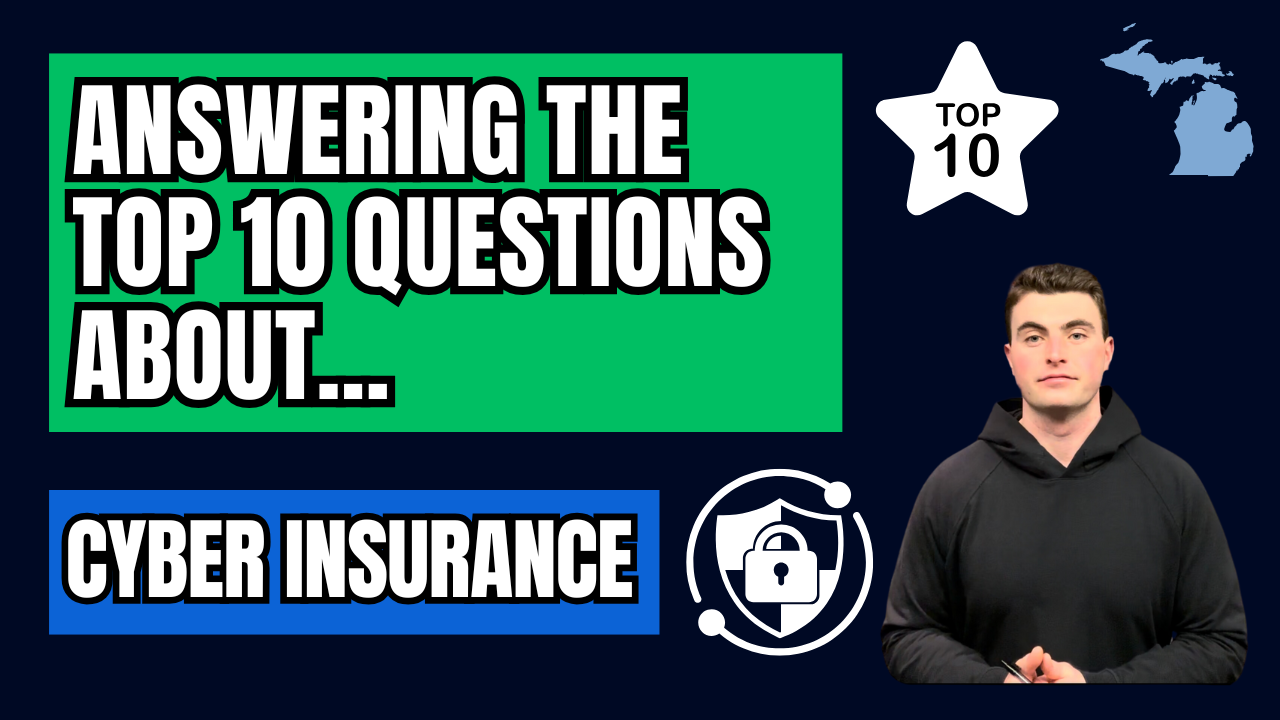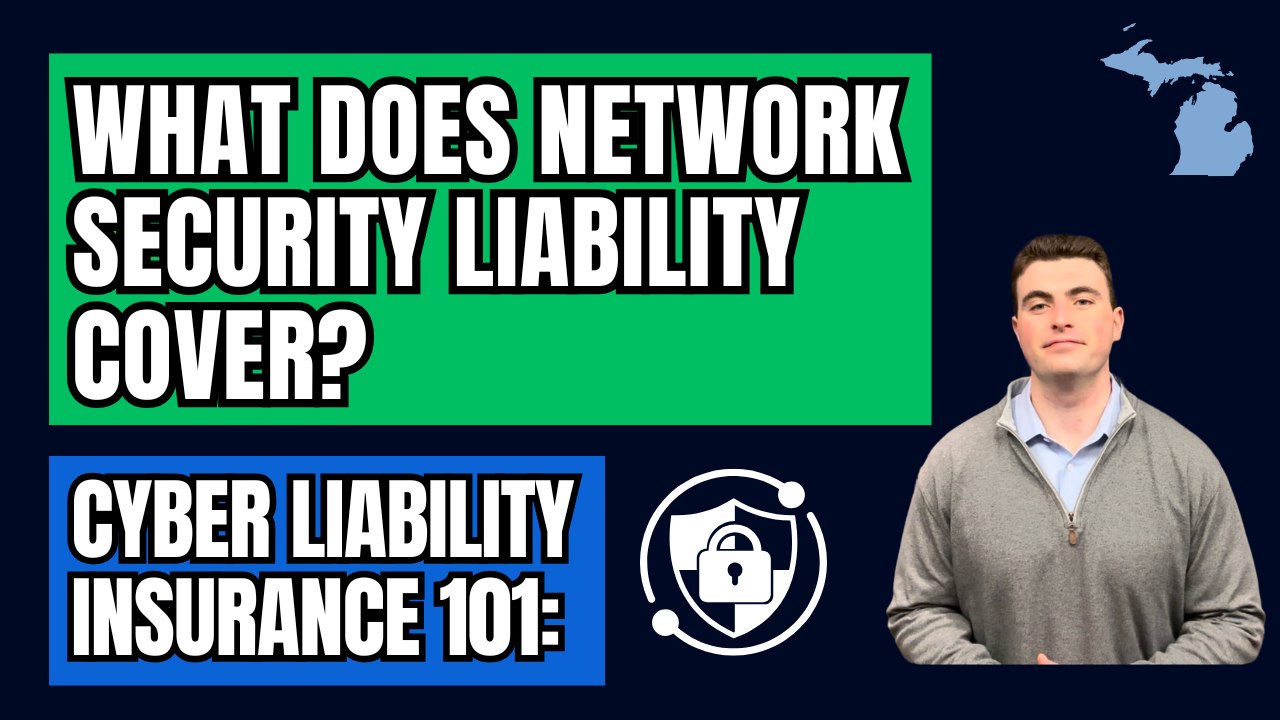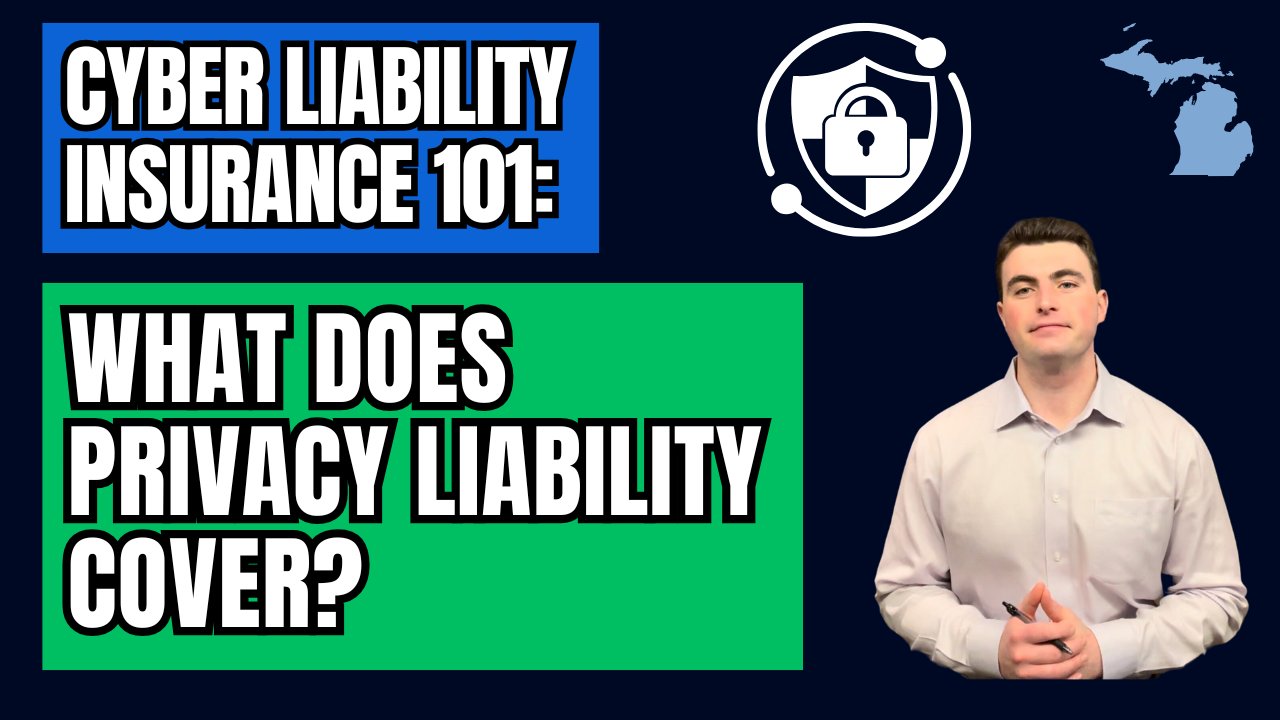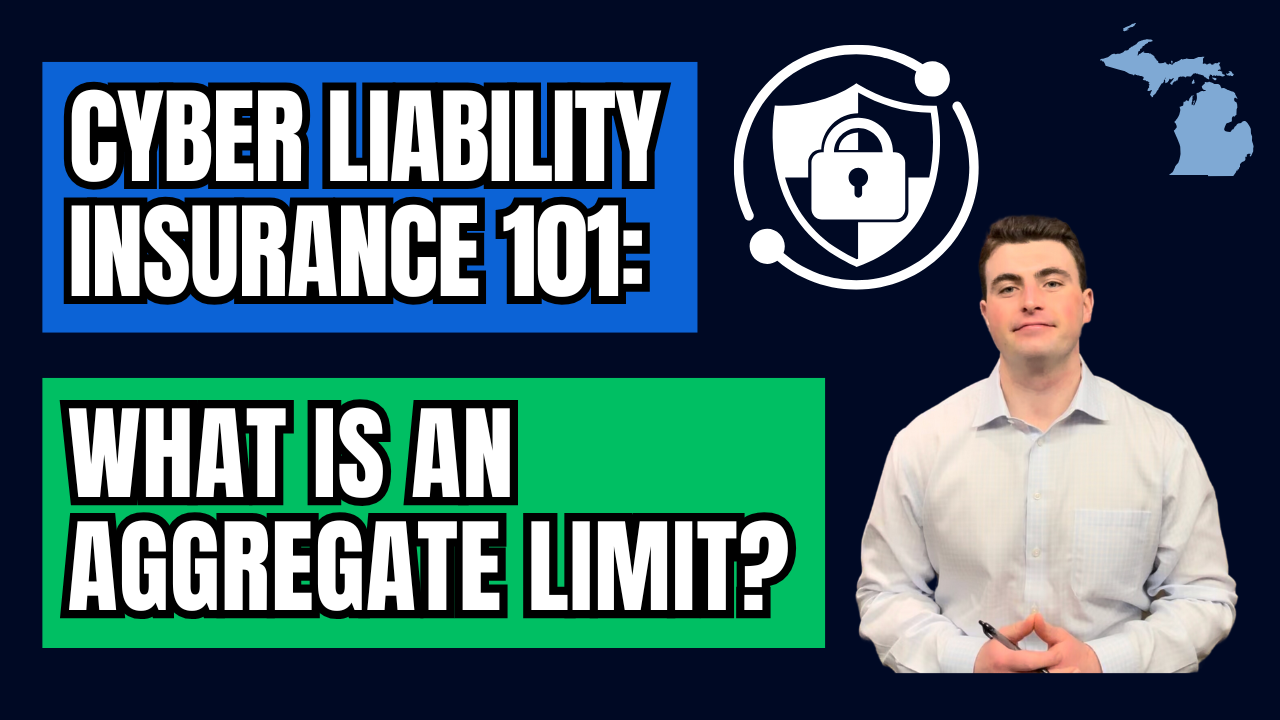How Do Independent Insurance Agents Get Paid?
How Do Independent Insurance Agents Get Paid?
If you’ve ever purchased insurance through an independent agent, you might have wondered: How exactly do they make their money? It’s a fair question—and understanding the answer can give you more clarity about the value they provide.
Independent Agents vs. Captive Agents
Before diving into how independent insurance agents get paid, it’s helpful to understand the difference between independent and captive agents.
- Captive agents work exclusively for one insurance company—like State Farm, Allstate, or Farmers—and can only sell that company’s products.
- Independent agents, on the other hand, are not tied to one insurer. They represent multiple insurance companies and can offer a range of policy options based on what’s best for the client.
This flexibility often leads to better pricing, more personalized coverage, and the ability to shop around at renewal.
Commission-Based Income
The primary way independent property and casualty insurance agents earn money is through commissions. Here’s how it works:
- When an agent sells a policy—whether it’s home, auto, or commercial insurance—they earn a commission from the insurance carrier.
- The commission is a percentage of the premium you pay for the policy.
- These commission rates can vary:
- New policy commissions typically range from 10% to 20% of the premium.
- Renewal commissions usually range from 2% to 15%, depending on the carrier and the agent’s contract.
Important note: These commissions come from the insurance company—not out of your pocket. You pay the same whether you go through an agent or directly through the carrier.
Bonuses and Incentives
In addition to commissions, some insurance companies offer bonuses or incentive programs for agents. These may include:
- Volume bonuses for writing a certain amount of premium
- Profit-sharing if the agent’s clients maintain low claim levels
- Sales incentives for promoting specific products or meeting company goals
These bonuses are meant to reward agents who bring in quality business and help insurers grow their client base responsibly.
Why This Matters to You
Knowing how independent agents get paid can help you understand their motivation. Since they earn their income by providing the right coverage and maintaining strong client relationships, they have a vested interest in helping you find the best fit—not just pushing a single company’s product.
In short, independent insurance agents:
- Don’t cost you extra
- Provide access to multiple insurance carriers
- Are incentivized to offer you competitive and appropriate coverage
Final Thoughts
Independent insurance agents are paid through a combination of commissions and bonuses, depending on the policies they place and the insurers they work with. Their ability to compare multiple insurance options makes them a valuable resource for individuals and businesses alike.
If you’re looking for flexibility, choice, and a long-term insurance partner, working with an independent agent might be the right move for you.
Contact Us
We will get back to you as soon as possible.
Please try again later.
